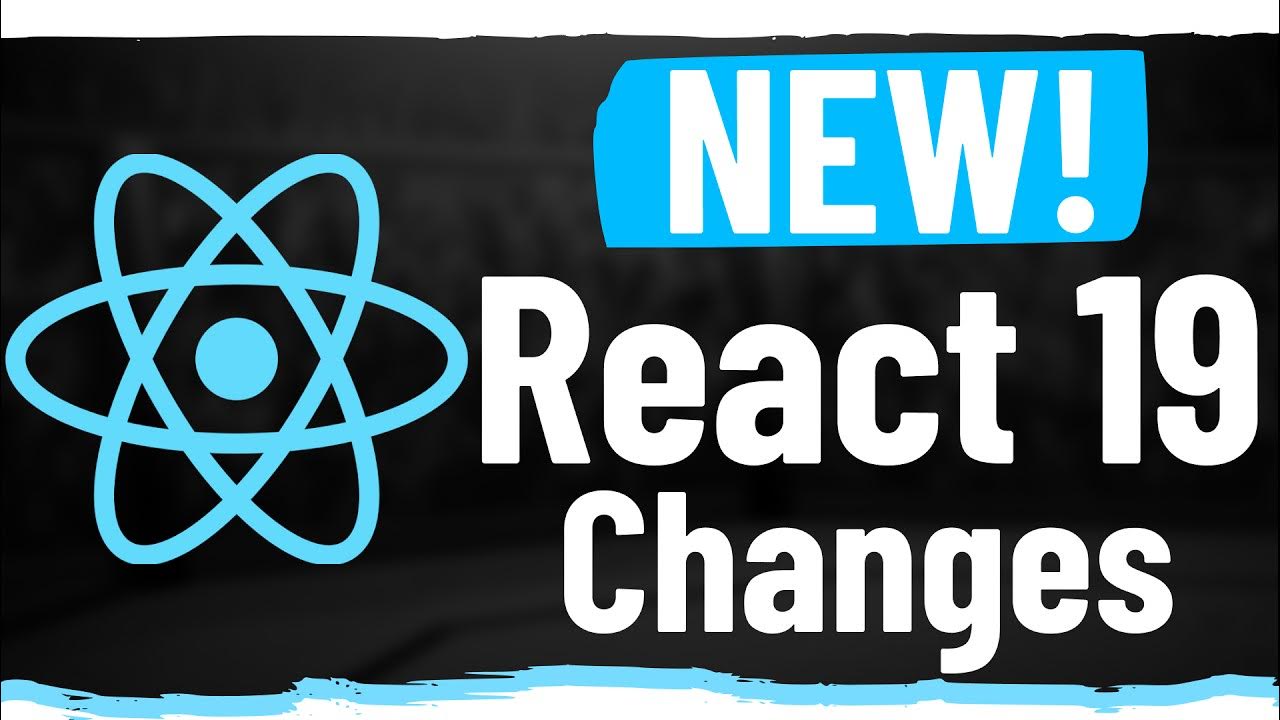Node.js Doesn’t Suck Anymore
Summary
TLDRIn this video, Kyle highlights some of the most exciting new features in Node.js, showcasing improvements like built-in TypeScript support, ECMAScript modules, and a native test runner. He demonstrates how developers can leverage top-level await, built-in SQLite support, and debugging tools directly in Node.js, eliminating the need for external libraries. The tutorial also covers how to streamline testing with built-in watch flags and simplify environment variable management. With a focus on productivity and ease, Kyle explains how these updates make Node.js a more powerful tool for developers, even in smaller environments like IoT devices.
Takeaways
- 😀 Node.js is continually updated with new features like TypeScript support, built-in test runners, and debuggers, which keep it relevant and modern.
- 😀 TypeScript support in Node.js allows developers to run TypeScript directly by using the experimental flag `experimental-strip-types`, without needing a separate compiler.
- 😀 ECMAScript modules are now fully supported in Node.js, allowing the use of `import` and `export` syntax without relying on CommonJS `require`.
- 😀 Node.js introduces a built-in test runner, enabling developers to write and execute tests directly in Node.js without external libraries like Jest.
- 😀 Test runners in Node.js support assertions, test descriptions, and even test coverage, making it easier to implement testing in applications.
- 😀 The `--watch` flag in Node.js allows automatic test re-execution whenever file changes occur, removing the need for external tools like nodemon.
- 😀 Node.js can read environment variables directly without requiring the installation of the `dotenv` package, using the `envFile` option.
- 😀 Node.js now fully supports promises, simplifying asynchronous code with promise-based APIs like `fs.promises.readFile` and top-level await support.
- 😀 The `glob` functionality in Node.js allows developers to use glob patterns to select files, making file selection and handling more flexible and powerful.
- 😀 Node.js now supports SQLite directly with the built-in `node:sqlite` module, making it easier to integrate databases in lightweight applications.
- 😀 Built-in WebSocket support allows Node.js to connect to WebSocket servers, enabling real-time communication, though server-side WebSocket creation is still missing.
Q & A
What is the purpose of TypeScript support in Node.js?
-TypeScript support in Node.js allows developers to write TypeScript directly in Node.js without needing a separate build process. By using the `--experimental-strip-types` flag, developers can run TypeScript files seamlessly in Node.js.
How do you enable ECMAScript Modules (ESM) support in Node.js?
-To enable ECMAScript Modules (ESM) support in Node.js, you need to set the `type` field to `module` in your `package.json` file. This allows you to use `import` and `export` syntax, which is now natively supported in Node.js.
What is the advantage of the built-in test runner in Node.js?
-The built-in test runner in Node.js allows developers to write, run, and assert tests directly within Node.js without requiring external libraries like Jest. It simplifies testing by integrating it into the Node.js environment.
What does 'top-level await' mean, and how does it benefit developers?
-Top-level `await` allows developers to use `await` directly at the top level of their scripts, without needing to wrap it in an async function. This simplifies asynchronous code and makes it more readable.
How does the `--watch` flag improve development workflows in Node.js?
-The `--watch` flag in Node.js automatically reruns your code whenever a file changes, improving the development workflow by removing the need for manual restarts. It helps developers see immediate results of their code changes.
Why is Node.js's support for `.env` files significant?
-Node.js's built-in support for `.env` files eliminates the need for external packages like `dotenv`, simplifying configuration management. Developers can directly use environment variables in their code without additional dependencies.
How does Node.js handle file system operations with promises?
-Node.js now fully supports promise-based file system operations, allowing developers to handle file interactions asynchronously with less boilerplate. This leads to cleaner, more readable code when working with the `fs` module.
What benefit does WebSocket client support in Node.js bring to developers?
-WebSocket client support in Node.js allows developers to easily connect to WebSocket servers without relying on external libraries. Although server-side support is still pending, this feature enables real-time, bidirectional communication with WebSocket-enabled servers.
Why is the experimental SQLite feature in Node.js useful?
-The experimental SQLite feature in Node.js allows developers to use a lightweight, in-memory database within their applications. This is especially useful for small apps or IoT devices where a full-scale database might not be necessary.
How does Node.js integrate with Chrome’s debugger?
-Node.js integrates with Chrome's debugger using the `--inspect-brk` flag, enabling developers to step through their code using Chrome's Developer Tools. This makes debugging Node.js applications more accessible and powerful.
Outlines

Esta sección está disponible solo para usuarios con suscripción. Por favor, mejora tu plan para acceder a esta parte.
Mejorar ahoraMindmap

Esta sección está disponible solo para usuarios con suscripción. Por favor, mejora tu plan para acceder a esta parte.
Mejorar ahoraKeywords

Esta sección está disponible solo para usuarios con suscripción. Por favor, mejora tu plan para acceder a esta parte.
Mejorar ahoraHighlights

Esta sección está disponible solo para usuarios con suscripción. Por favor, mejora tu plan para acceder a esta parte.
Mejorar ahoraTranscripts

Esta sección está disponible solo para usuarios con suscripción. Por favor, mejora tu plan para acceder a esta parte.
Mejorar ahoraVer Más Videos Relacionados

UNARMED FLICKER STRIKE? OUR LEAGUE STARTER BUILD [POE 2 THE THIRD EDICT] HOLLOW PALM - GOOD?

iPhone 16 Pro After 2 Weeks: Looks Can Be Deceiving!

MacBook Pro M3 Pro After 3 Months: Why It's Not What You Expected

n8n 1.93.0: Important fixes, archive workflows and more

Diablo 4 Is it Worth playing in 2025? For Returning Players and New Players

NEW React 19 Changes Are Amazing!
5.0 / 5 (0 votes)
